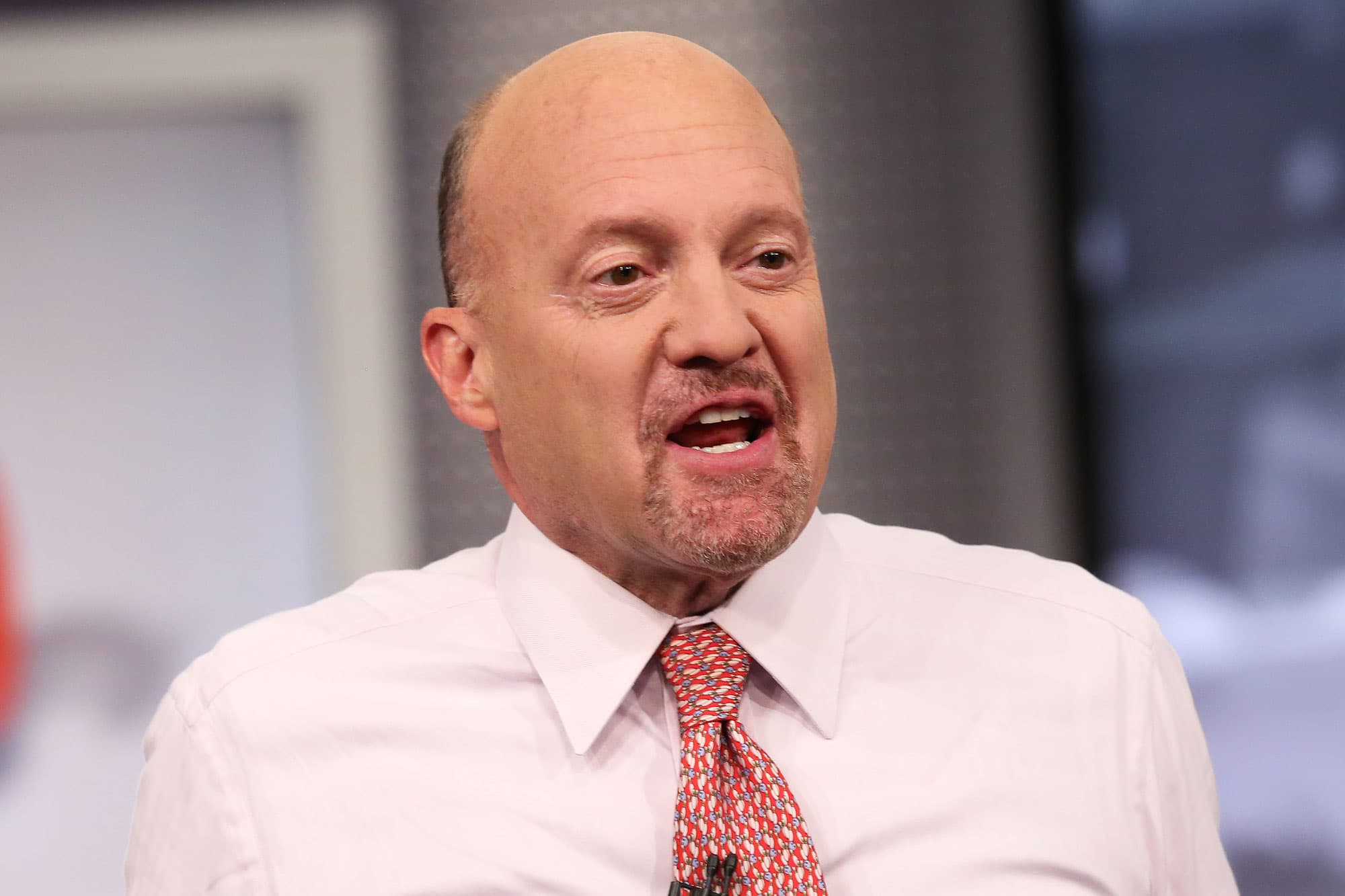Wheat prices hit record highs amid growing fears of supply shortages due to the war in Ukraine, raising the specter of rising global food inflation.
Ukraine and Russia account for about 30 percent of the world’s wheat trade and still have crops from last year to shipment. “There is no end in sight to this rally because 30 percent of global wheat exports have been cut off from the global market,” said Karsten Fritsch, analyst at Commerzbank.
Chicago-traded wheat, the international standard, has jumped more than 50 percent since Russia’s invasion of Ukraine. Prices rose to $13.40 a bushel on Friday, while European wheat milled in Paris hit a record €406 a ton.
Food and agricultural experts have warned of increasing food insecurity in poor countries, many of which are already suffering from high levels of hunger due to the coronavirus pandemic. Food price inflation is also expected to rise. In January, food price inflation around the world averaged 7.8 percent, the highest level in seven years, according to the International Monetary Fund.
Large price increases have reduced the ability of grain-importing countries to purchase wheat. Turkey, a major buyer of Russian wheat, was forced to reduce its volumes in international tender from its original targets.
Commerzbank said demand is also shifting to alternative grains, which has led to a significant spike in corn prices over the past few days. Chicago’s corn trade has risen about 10 percent since the Russian invasion.
The Russian war in Ukraine has disrupted global grain and energy markets, which would raise food prices with poor food-importing countries facing the most serious consequences, said Caitlin Welch of the Center for Strategic and International Studies in the United States.
“The Russian war on Ukraine has the potential to exacerbate food insecurity around the world,” she said.
Grain exports have been halted by a lack of transportation due to the closure of the ports, while payment to Russia has been made more complicated by sanctions imposed by the West. Major agricultural traders, including Archer Daniels Midland and Bunge, who buy and sell grain around the world, have closed their operations in Ukraine.
Analysts and traders are concerned about planting this year’s crop, including wheat, corn and barley. Winter wheat grown during European autumn may not be harvested in summer.
In addition to grain prices, farmers around the world are likely to feel the impact of higher costs because Russia and Belarus are the major producers of fertilizers. The Russian Ministry of Industry and Trade recommends that fertilizer producers suspend exports temporarily, According to Interfax. “Both potash and phosphates are still fairly far from the record prices set in 2008, but that record may be tested over the coming weeks,” said Chris Lawson, head of fertilizer at consultancy CRU.
Brazil’s Agriculture Minister Teresa Cristina said this week that the country, the fourth largest consumer of fertilizer, has enough stocks until the start of the next harvest in October. It plans to visit Canada this month to negotiate more potash supplies. The South American country imports about 80 percent of its fertilizers. Russia is the largest exporter, providing about a quarter.

“Explorer. Unapologetic entrepreneur. Alcohol fanatic. Certified writer. Wannabe tv evangelist. Twitter fanatic. Student. Web scholar. Travel buff.”



